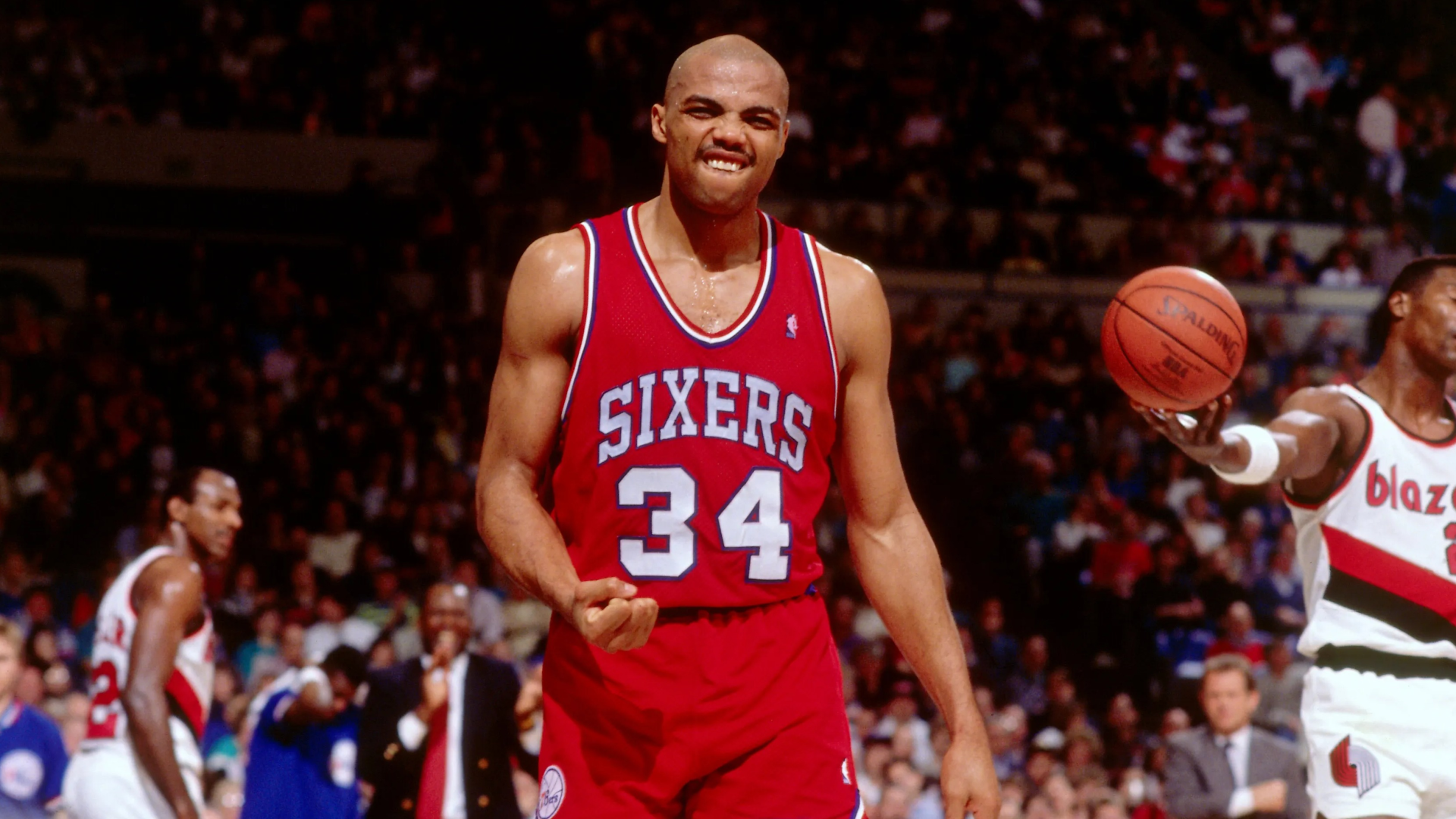Role Model In Society
The year was 1993. The moment, a thirty-second Nike commercial directed by Spike Lee, featuring NBA superstar Charles Barkley. Barkley was the reigning league MVP, dominating not just on the court but also the evening news, thanks to a string of embarrassing off-court incidents. A little humility and a promise to do better might have quieted his critics. But not the Chuckster. Instead, he double-dribbled down.
On camera, Barkley declared, “I’m not a role model. I’m not paid to be a role model. I’m paid to wreak havoc on the basketball court. Parents should be role models. Just because I dunk a basketball doesn’t mean I should raise your kids.”
Red herring aside, no sane person was asking Charles Barkley to raise their children, the commercial ignited a cultural firestorm, sparking a debate that still lingers to this day. What responsibilities do star athletes bear in society, what is reasonable to expect of our public figures, and most importantly, precisely what does it mean to be a role model?
As with most things, it depends on who you ask. Ask a young athletic boy, and you’ll get one answer. It’s the slam-dunks, the tape measure home runs, the cheeky tweener, and the Vamos forehand. Kids aren’t dissecting ethics quite yet, they want to emulate what dazzles them. They see greatness, and they want to channel it. Jerseys are bought, posters are hung, autographs are sought and coveted, and the rare selfie with your favorite player, the penultimate coup. The connection between the athlete and the fan, between the star and the starry-eyed, cuts deep, bordering on the sacred.
Role models aren’t strictly for kids. Ask an adult and you’ll get a far different answer. We never outgrow the desire to be better, but with our athletic glory days well behind us, adults try to model more age-appropriate behaviors. Traits like punctuality, reliability, honesty, humility, empathy, calm, understanding, discipline, traits they’ve identified in the most successful people in their orbits. Good for the goose, good for the gander. For to not possess such qualities becomes disqualifying on many levels.
So, as much as Barkley tried to absolve himself of his worst transgressions by asserting he wasn’t a role model, life doesn’t work that way. It simply means you’re a lousy one. Because, like it or not, when any athlete steps onto the stage, any stage, they’re playing for the most important team there is, Team Humanity, where the rules of conduct and civility apply equally to everyone.
In fairness, Barkley was far from the first famous athlete with off-court issues. But his loud, bombastic, brash, unapologetic, impossible-to-ignore manner complicated his predicament. Try as he might, you don’t get a pass for spitting on fans, DUI arrests, gambling losses, taking money from agents in college, fights in bars, and his chef’s kiss moment, throwing a man half his size through a restaurant’s front plate-glass window.
His plea not to be seen as a role model was the ultimate air-ball, seen as entirely out of touch with the responsibilities of his public status. The truth is, as Shakespeare wrote and Rush sang… “All the world’s a stage, and we are all the players…whether the lead actor or a prop, collectively, we are humanity’s cast, with every role key to life’s well-functioning play. We’re all in the game, we’re all on life’s field. By definition, none of us gets to opt out of our influence upon others.
Barkley would in time recant his oft-ridiculed stance, realizing that If you’re in the arena of life—Parents, siblings, coaches, teachers, teammates, partners, public figures, and yes, professional athletes, we are all an influence on those around us, and with that comes great responsibility, The only choice we have is what kind of role model we want to be. How do we want to be seen? How do we want to be thought of? What will our legacy be after we’ve hit our last ball?
As the scripture says, “To whom much is given, much is expected.” (Luke 12:48)
We have all been given much. We all have influence over those around us. We are all role models in one way or another. The question before us is how I can become the most effective role model I can be to the greatest number?


